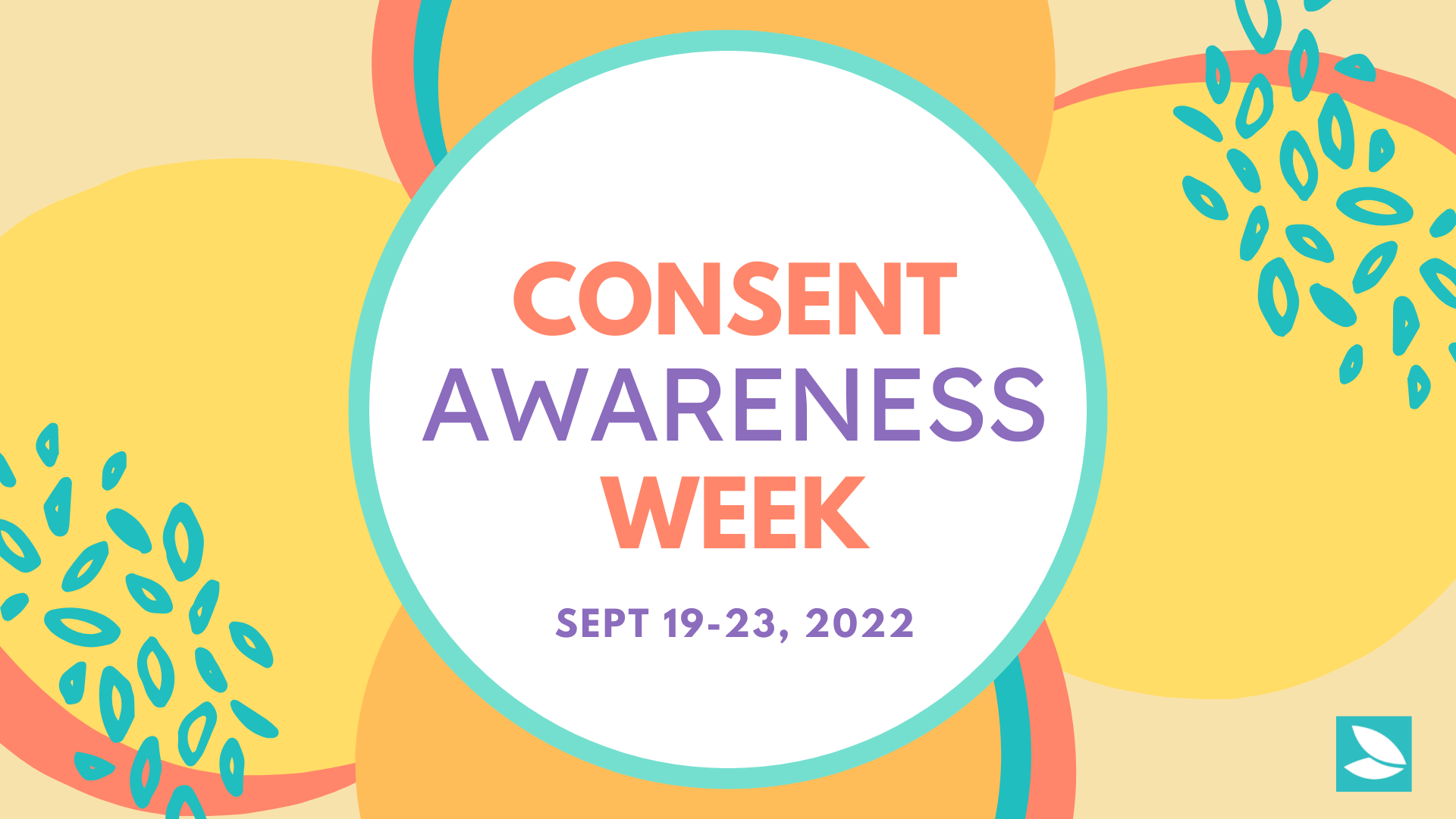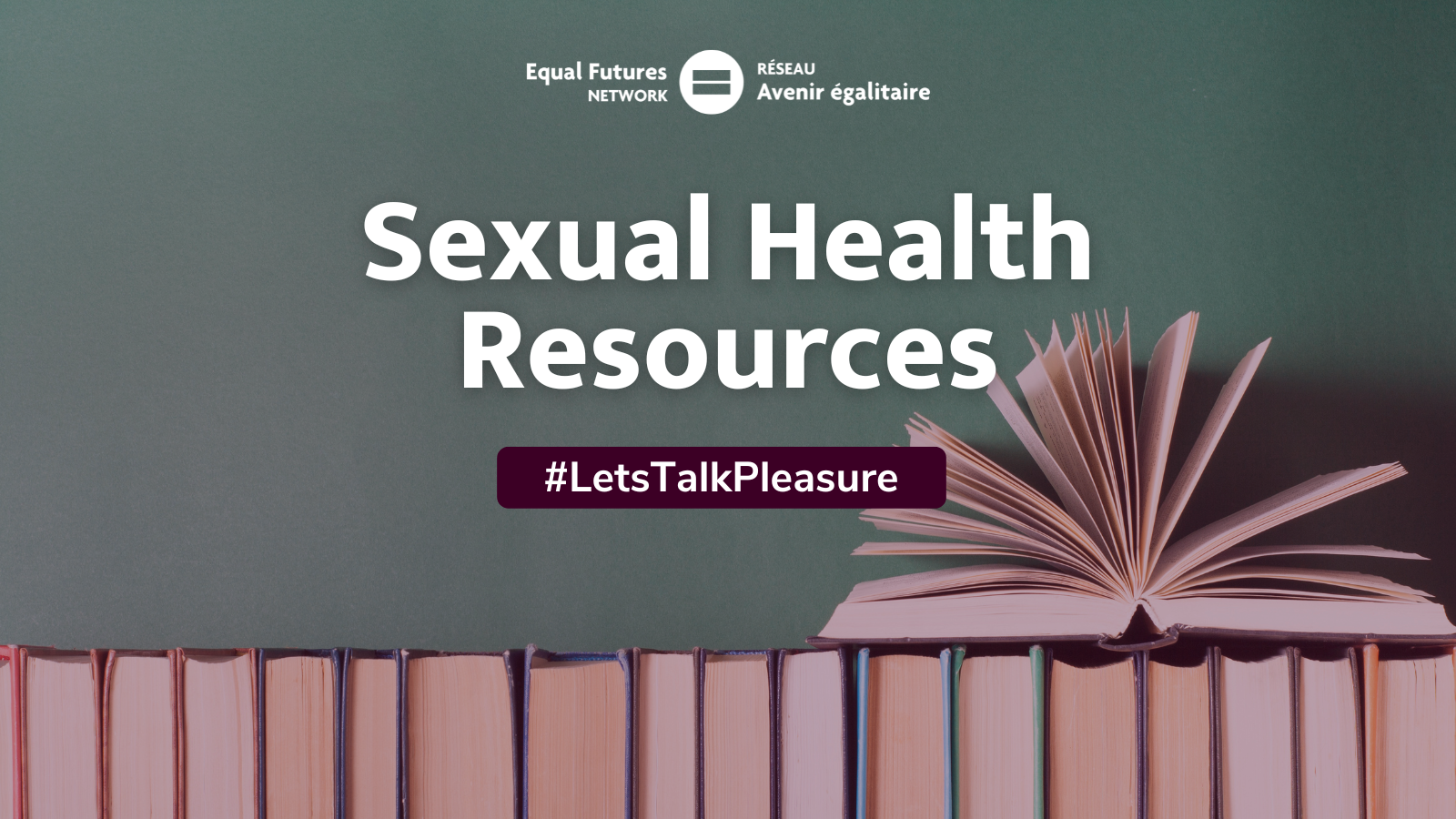
Written by Possibility Seeds
Only 28% of Canadians fully understand what it means to give consent. Addressing this, and approaching the need for consent education nationally, starts with awareness, action, and accountability.
Possibility Seeds’ Courage to Act project is working with stakeholders across the country to establish a national Consent Awareness Week in the third full week of September. This week was chosen because the first six weeks of school are designated as the Red Zone, when there is an especially significant increase in sexual violence at schools. Canada would be the first country in the world to recognize and adopt this week.
Consent Awareness Week invites people in Canada to have thoughtful, affirming, intersectional and age-appropriate conversations about consent. Responding to rejection, articulating boundaries, respecting bodily autonomy and active listening are valuable life skills. This week is a significant opportunity to reflect, champion, and celebrate consent as a cornerstone of all relationships, not just intimate ones.
When consent is not understood and respected, the epidemic of sexual violence continues:
- There are 636,000 sexual assaults self-reported every year in Canada.
- In children and youth, 1 in 7 girls reported that another student has sexually assaulted them.
- 15% of girls and 9% of boys between the ages of 14 to 21 identified that they have had a sexual act forced upon them by a peer.
- At Canadian postsecondary schools, 71% of students either witnessed or experienced unwanted sexualized behaviours in a postsecondary setting, and 41% of all reported incidents of sexual assault were reported by students.
- In the workplace, one in four women (25%) and one in six men (17%) reported having been personally subjected to inappropriate sexualized behaviours in 2020.
- 43.9% of survey respondents in the Respect at Work: Harassment and Violence in Canadian Workplaces study were subjected to at least one behaviour or practice of sexual harassment and violence while at work in the past two years.
The data shows that much more needs to be done for people in Canada to feel they can be heard and respected for their choices in their relationships, whether on the playground, in the boardroom or in their home. We hope that you will join us as we advocate for the recognition of Consent Awareness Week with federal, provincial/territorial and municipal governments. Additionally, there are many ways you can participate in Consent Awareness Week:
- Share consent resources that other communities can use. So many organizations, individuals and education institutions have made amazing resources about consent. Let’s share them! You can fill in this form, and we will share it with the broader community leading up to Consent Awareness Week.
- Host a #WeBelieveYouDay. As part of Consent Awareness Week, #WeBelieveYouDay will be held on Tuesday, September 20th. This is a day to share support for survivors, strengthen allyship skills, and build cultures of care. #WeBelieveYouDay is built on the groundbreaking work of the Association of Alberta Sexual Assault Services, Survivor Love Letter Project and the Ontario University Sexual Violence Network.
- Join other communities by organizing events and programming. Share with us if you are hosting programming during Consent Awareness Week so others can join.
For example, our community partner, Action Now Atlantic, is hosting virtual workshops from September 19th to 23rd and facilitating engaging community activities each evening. These virtual Consent Week activities are open to all students, faculty, staff, and community members in Atlantic Canada to cultivate cross-provincial conversations and knowledge-sharing opportunities. Action Now Atlantic will also be promoting events from other organizations and community members that take place during Consent Week and are open to Atlantic Canadian students to ensure that folks have as many opportunities to participate and learn as possible. - Learn about consent in all relationships. Consent is foundational for liberatory relations. Social location, including (but limited to) race, ability, gender, sexuality, and class, shapes how individuals, groups and communities can give and receive consent. This week will be an opportunity to explore how consent is mandatory in all relationships, including to the land, in policy-making, with bodily autonomy (from hair, to gender expression, to disability), in the workplace, in schools, in sport, or in health care.
- Spread awareness. Getting the conversation going is the most important thing you can do to support Consent Awareness Week. Discuss consent with people in your life of all ages! You can also spread the word about Consent Awareness Week on social media using the graphics and content in our shareables folder; and write letters urging your local political leaders (federal, provincial/territorial & municipal), post-secondary institutions, and school boards to adopt Consent Awareness Week.
It is important to understand what consent means. Consent can’t be implied by past behavior or where things lead. Consent must be clearly communicated, and there should be no question or mystery as to whether an agreement has been made. Visit helpingsurvivors.org for more on the core elements of consent.
Consent Awareness Week is vital to ensuring that people in Canada feel respected and safe wherever they live, work and play. Thank you for joining us!
Learn more at: https://www.possibilityseeds.ca/caw
The Equal Futures Network acknowledges that Indigenous people are the traditional guardians of Turtle Island, on the land also known as Canada






